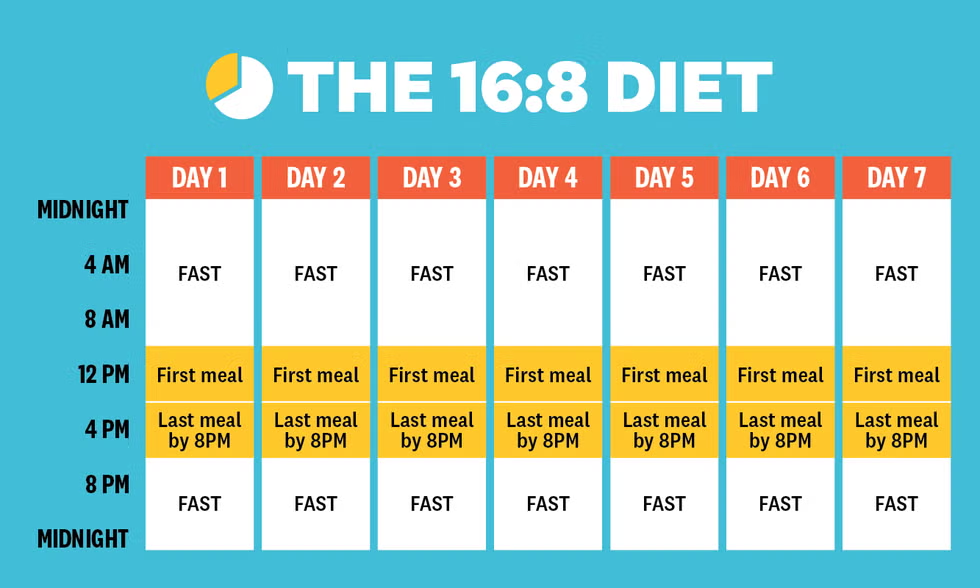Best Intermittent Fasting for Women Over 50
Intermittent fasting can be an excellent tool for women over 50, offering potential benefits like weight management, improved hormonal balance, and enhanced cognitive health.
Intermittent fasting can be an excellent tool for women over 50, offering potential benefits like weight management, improved hormonal balance, and enhanced cognitive health.

As women age, their bodies undergo significant changes, especially once they hit the age of 50.
This is a time characterized by hormonal shifts, changes in metabolism, and the onset of menopause.
Amidst these changes, many women search for effective methods to maintain or improve their health, boost energy levels, and manage their weight.
Intermittent fasting (IF) has emerged as a popular strategy that offers a host of benefits, especially for women over 50.
This blog will dive into the best intermittent fasting methods tailored for this demographic.

Intermittent fasting refers to an eating pattern where you cycle between periods of eating and fasting.
Instead of focusing on what foods you should eat, IF emphasizes when you should eat.
Over the past few years, research has shown that these eating patterns can be beneficial in weight management, improving metabolic health, and even potentially prolonging life.

Menopause brings a decline in essential hormones like estrogen. Fasting can improve hormonal balance by increasing insulin sensitivity and reducing insulin levels, which in turn can support weight management.
As metabolism slows with age, weight gain can become a concern. IF can act as a tool to help create a caloric deficit without overly restrictive diets.
IF can promote autophagy, the body's way of cleaning out damaged cells to regenerate newer, healthier cells. This process can be beneficial for brain health.
Preliminary studies suggest that IF might help extend lifespan. Although more research is needed, it offers promising insights into aging gracefully.

Perhaps the most popular approach, the 16/8 method involves fasting for 16 hours and eating during an 8-hour window.
For many women, this might mean skipping breakfast and having their first meal around noon, then finishing dinner by 8 PM.
This method requires you to consume your usual diet five days a week and restrict calories to 500-600 on the other two days.
This involves a 24-hour fast once or twice a week. It might sound daunting, but remember, if you finish dinner at 7 PM and don't eat until 7 PM the next day, you've completed a 24-hour fast!
This method requires fasting for two to three non-consecutive days a week, starting with 12-16 hours and gradually increasing as you become more accustomed.

Water, herbal teas, and black coffee (in moderation) can keep dehydration at bay during fasting periods.
It's essential to understand your body's signals. If a particular method doesn't suit you, it's okay to adjust or try another.
A good night's sleep can support hormonal balance and reduce hunger pangs during fasting periods.
Engaging in light to moderate exercise can complement your IF journey. However, it's essential to ensure you're not over-exerting yourself, especially during fasting windows.
Opt for nutrient-dense, easily digestible foods to break your fast. Bone broth, smoothies, or a light salad can be great choices.

Intermittent fasting can be an excellent tool for women over 50, offering potential benefits like weight management, improved hormonal balance, and enhanced cognitive health.
However, it's essential to approach it with an understanding of one's individual needs and always consult with a healthcare professional before starting any fasting regime.
Remember, the key to successful intermittent fasting is consistency, patience, and a commitment to listening to your body.
Your cart is currently empty.
Start Shopping